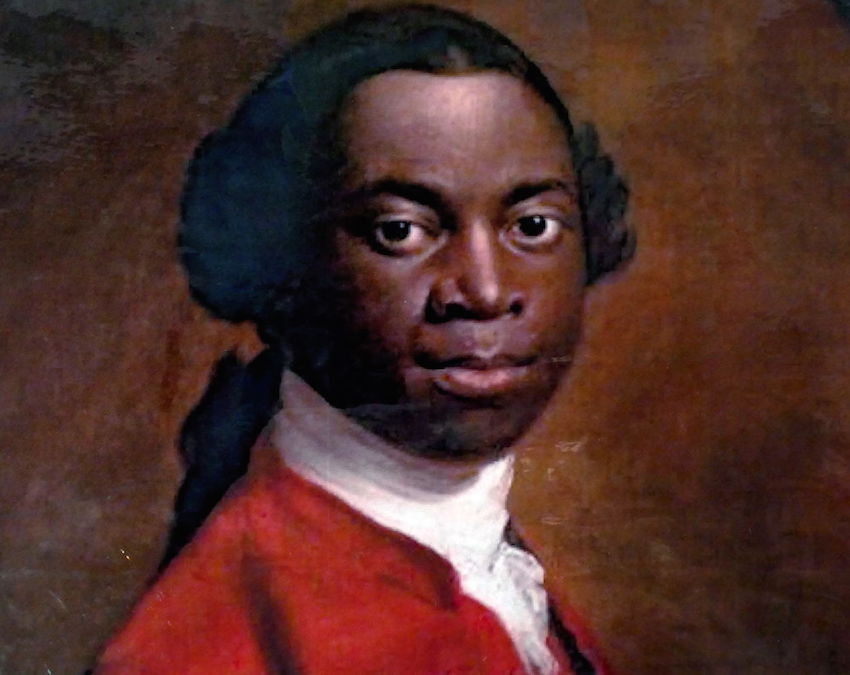PIONEERING ABOLITIONIST Olaudah Equiano is to be honoured with a blue plaque for his tireless work in ending the trans-Atlantic slave trade.
Equiano, who was formally known as Gastavas Vassa, will have his plaque unveiled at the Nubian Jak Community Trust on 17th December nearly 400 years after his contribution to history.
Born of Nigerian origin, Equiano was only eight-years-old when he was sold in Virginia to junior Royal Naval officer, Michael Pascal.
After gaining his freedom, Equiano penned a book about his experiences, titled The Interesting Narrative of Olaudah Equiano, or Gustavus Vassa, the African, in 1789 and embarked on a UK-wide tour to promote it that played a key role in awakening Britain to the horrific reality of enslavement.
Some historians believe Equiano’s role in abolition was as significant as that of William Wilberforce.
While working as Pascal’s personal servant, a young Equiano made the long voyage to England in 1754.
His education was gained through the early aid of the Guerin sisters, cousins of his first master, Pascal.
The sisters became his patrons on his first stay in London between 1757 and 1759. Together, they lived in Westminster and found a schoolmaster to teach Equiano. He learnt to read and discovered the teachings of Christianity and baptism while at St Margaret’s Westminster in February 1759.
In Pascal’s service, Equiano became a naval seaman and began a very eventful seagoing career which enabled him to save enough money in order to purchase his freedom.
On 13 September 1767, he returned to London as a free and searched for the Guerin sisters where he spent two weeks living with them at 111 Maze Hill.
Equiano was given the option of working as a servant or butler. However, he Instead they helped him with his second choice, which was to be trained as a hairdresser, introducing him to a friend in the Haymarket, London.
Once settled in England, alongside abolitionists such as William Wilberforce, Equiano was one of the most prominent people of African heritage to take part in debate around Britain’s involvement in the slave trade.
As a writer, his first-hand account, articulately and poignantly, relaying the horrors of slavery published in his memoir in 1789 was a major part of deterring public and political opinion of the trading of black lives.
By 1807, Britain had formally abolished the trade, but Equiano did not live to see his part in history and died in 1797, leaving his behind his English wife and two daughters.
Dr Jak Beula, CEO of NJCT said: “The significance of this plaque is that we are installing it on the original property where Equiano stayed in 1767.
“The property looks no different to Equiano’s day, and you can almost hear it secretly whisper ‘Thank you for reminding us that we are still alive, that we bore witness to a different time and personnel. And for better or worse we are wiser for it'”


Comments Form